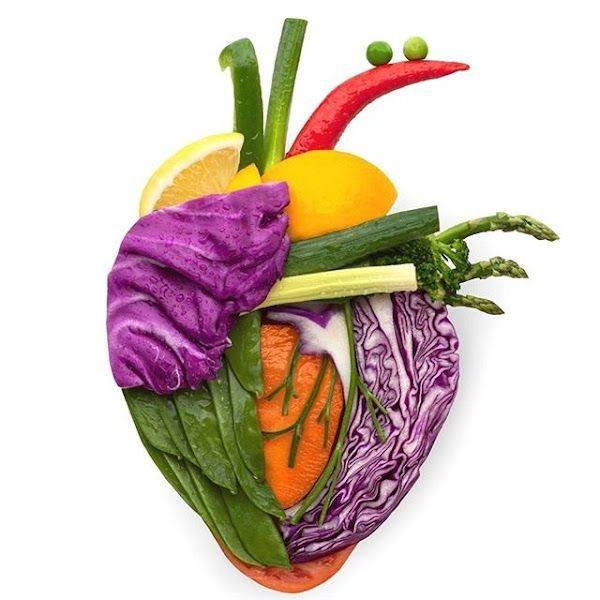When it comes to choosing foods that benefit your heart, there may be an added bonus for your brain, as suggested by a recent study. The research focused on the dietary habits of over 5,000 middle-aged women and their adherence to the Dietary Approaches to Stop Hypertension (DASH) diet, which emphasizes fruits, vegetables, and lean proteins while limiting alcohol, salt, sugars, and fatty meats. The findings indicated that women who closely followed the DASH diet were 17% less likely to experience memory problems as they aged.
The DASH diet stands out for its rich content of essential nutrients found in vegetables, fruits, legumes, and nuts, known for their anti-inflammatory and antioxidant properties. These properties can contribute not only to reducing blood pressure but also to supporting brain health, according to senior study author Yu Chen, PhD, MPH, a professor of population health at the New York University Grossman School of Medicine.
At the start of the study, when participants were on average 46 years old, they provided dietary information that was scored on a 40-point scale, with higher scores indicating greater adherence to the DASH diet. Many years later, at an average age of 79, participants completed cognitive assessments that focused on memory-related skills, including the ability to recall recent events, remember short lists of items, follow spoken instructions, engage in group discussions, and navigate familiar environments.
Individuals who most closely adhered to the DASH diet were significantly less likely to report difficulties in more than one of these memory-related skills, as published in the journal Alzheimer's and Dementia.
Whole Foods: Rich in Antioxidants and Anti-Inflammatory Nutrients
The study has some limitations, such as the reliance on participants' ability to accurately recall and report their dietary habits. Additionally, dietary habits were assessed only once at the beginning of the study, potentially missing changes in participants' eating patterns over time.
The study lacked data on various factors that could independently impact cognitive function over time, including exercise habits, sleep patterns, and alcohol consumption.
Furthermore, the study did not objectively assess cognitive performance, relying on participants' perceptions of any memory decline they may have experienced.
Nevertheless, there are compelling reasons why the DASH diet can support brain health as people age, as noted by Andrew Budson, MD, a professor of neurology at Boston University. He points out that colorful fruits and vegetables, along with nuts, are rich sources of anti-inflammatory and antioxidant compounds that can reduce cell death and promote better neuronal vitality.
The DASH diet can also benefit the brain by reducing high blood pressure, which, in turn, reduces the risk of cognitive decline, Budson adds. "Lowering blood pressure decreases dementia, likely because it reduces both large and small strokes."
How to Improve Your Diet for Enhanced Memory
There are numerous small adjustments you can make to bring your eating habits more in line with the DASH diet, as suggested by Frank Hu, MD, Chair of the Department of Nutrition at the Harvard T.H. Chan School of Public Health:
1. Incorporate more vegetables into your lunch and dinner, and choose fruits for snacks or desserts.
2. Swap white bread and pasta for whole-grain alternatives.
3. Replace white rice with brown rice or quinoa.
4. Opt for lean meats like poultry or fish over red meat.
5. Minimize your consumption of sugary beverages and foods.
6. Use herbs and spices to season your food instead of relying on salt.
Nour Makarem, PhD, an assistant professor of epidemiology at the Columbia University Irving Medical Center's Mailman School of Public Health, emphasizes that small, gradual changes to your diet can promote heart health and, consequently, brain health. She advises, "It is important to remember that progress is better than perfection."



No comments yet
Be the first to share your thoughts!